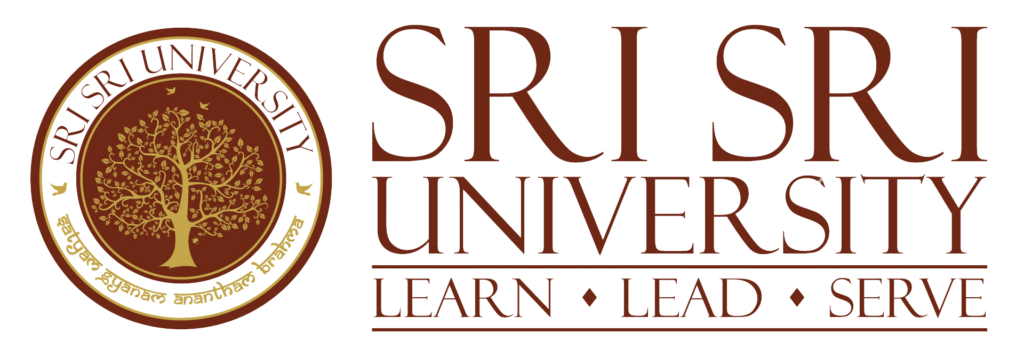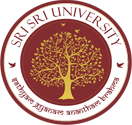English and Foreign Languages
The Department of English is equipped with experienced and highly qualified faculty, rich collection of English classics and modern writings in library, well-equipped language lab for Phonetics and regular Seminars, Workshops and Tutorials. Students gain academic knowledge on issues related to the nature of language such as phonetics, morphology, phonology, syntax, pragmatics, semantics and linguistics of history.
After finishing this course, students can avail Teaching Positions in Leading Academic Institutions, Editorial and Content Development Positions in Reputed Publication Houses, Journalism – Print and Electronic, Public Relations & Advertising in Corporate Houses and Public Sector Undertakings, Language Expert & Translation Services in Search Engines like Google & Yahoo, Marketing / Strategic Communication Positions in Corporate Houses, and Media Services & Event Management.
Tracing Roots
The British first arrived in India in the early 1600s and soon established trading posts in a number of cities under the control of The East India Company. Initially English was only taught to the local population through the work of Christian missionaries — there were no official attempts to force the language on the masses. But by the 1700s, English had firmly established itself as the language of administration and many educated Indians were demanding instruction in English as a means of social advancement. By 1857 universities had opened in Bombay, Calcutta and Madras. English was increasingly accepted as the language of government, of the social elite, and of the national press. Today, although English is not an indigenous language, it remains as an ‘Associate Language’ in India, alongside Hindi, the ‘Official Language of the Union of India’ and eighteen ‘National Languages’, such as Bengali, Gujurati and Urdu, that have a special status in certain individual states.
Is this the right career for me?
Intellectually stimulating, it is ideally meant for students with a creative flair for language as it offers insight into the development of the English language as well as literature since its earliest phases till date, especially with regard to how the two have evolved in response to society, encompassing its different layers and diverse shades. What are we looking for in you? To study this course, you should have an inclination towards literature and languages. You should have an interest to study culture and history. Ability to appreciate the different forms of literature that has evolved over the centuries and the kind of transformations that are taking place in literary studies is preferred.
Orientation and pedagogy
Our curriculum addresses contemporary developments at both regional, national and international levels and orients students to a wide variety of literary traditions across time and space, enabling them to closely study how language, literary form, history, society and culture interact with one another in a complex environment. It also fosters in them, the ability to think critically and engage in appreciation of literature and its analysis on the basis of contemporary theories. At the end of the Three-Year B. A. (Hons.) Programme in English at SSU, students will have a variety of career options which will give them an edge over their counterparts at pursuing similar courses at traditional universities in the country.
Testimonials
Health and Wellness by Ayurveda Netherlands,
Europe





